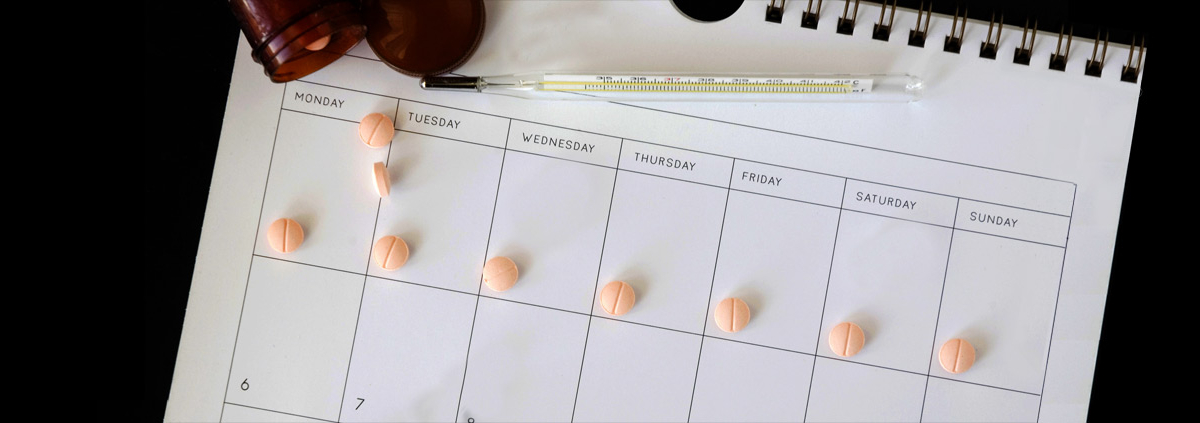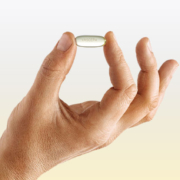An Aspirin a Day
In Tuesday’s Memo, I talked about biohacking. Specifically, I talked about the idea of having everyone over a certain age take a pill that can impact the risk factors for CVD: high blood pressure, cholesterol, high heart rate, and blood cell stickiness. The idea is that taking that single pill in low doses every day might help reduce CVD events such as strokes and heart attacks.
Researchers in Australia and the U.S. decided to test one component of the polypill: aspirin. The study was called the Aspirin in Reducing Events in the Elderly (ASPREE) trial. They recruited over 19,000 people 70 and older or 65 if they were Black or Hispanic in the U.S. They randomly assigned half the subjects to take 100 mg of enteric-coated aspirin while the other half got a similar looking placebo. The subjects were tracked for an average of 4.7 years. The researchers examined many variables including mortality and the incidence of disease.
The results were published in three separate papers in a recent issue of the New England Journal of Medicine. The study was terminated after five years by the primary funding organization, the National Institute on Aging. The results were not exactly what was hoped. We’ll get into the details on Saturday. If you’d like to read the studies, all are available online at the links in the references.
What are you prepared to do today?
Dr. Chet
References:
1. DOI: 10.1056/NEJMoa1800722.
2. DOI: 10.1056/NEJMoa1803955.
3. DOI: 10.1056/NEJMoa1805819.









